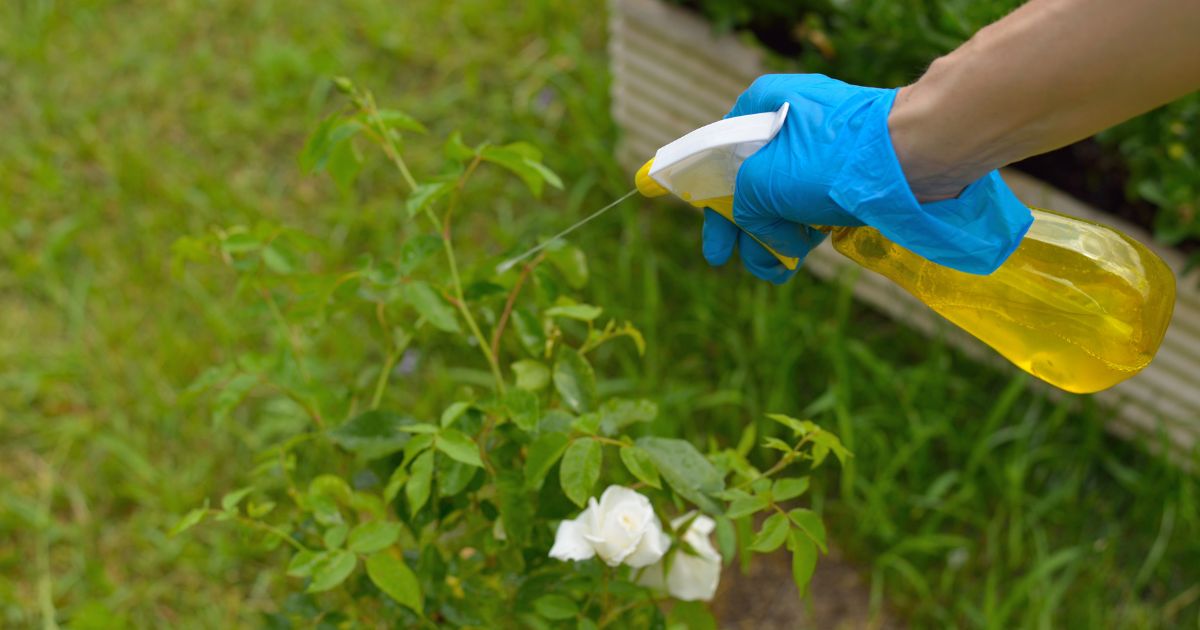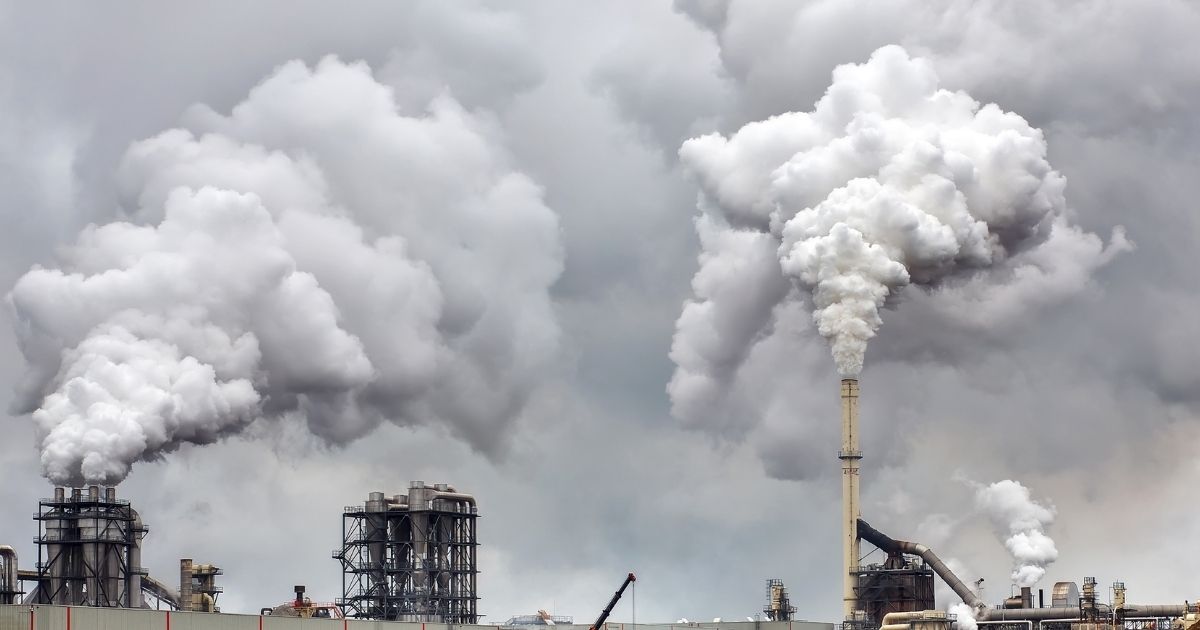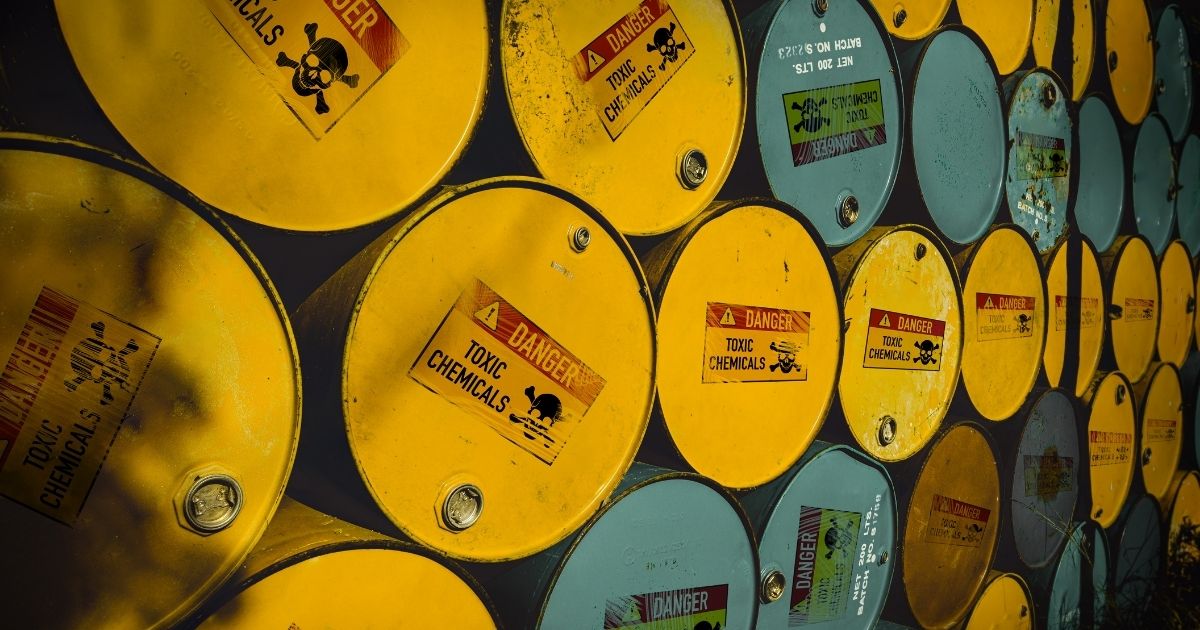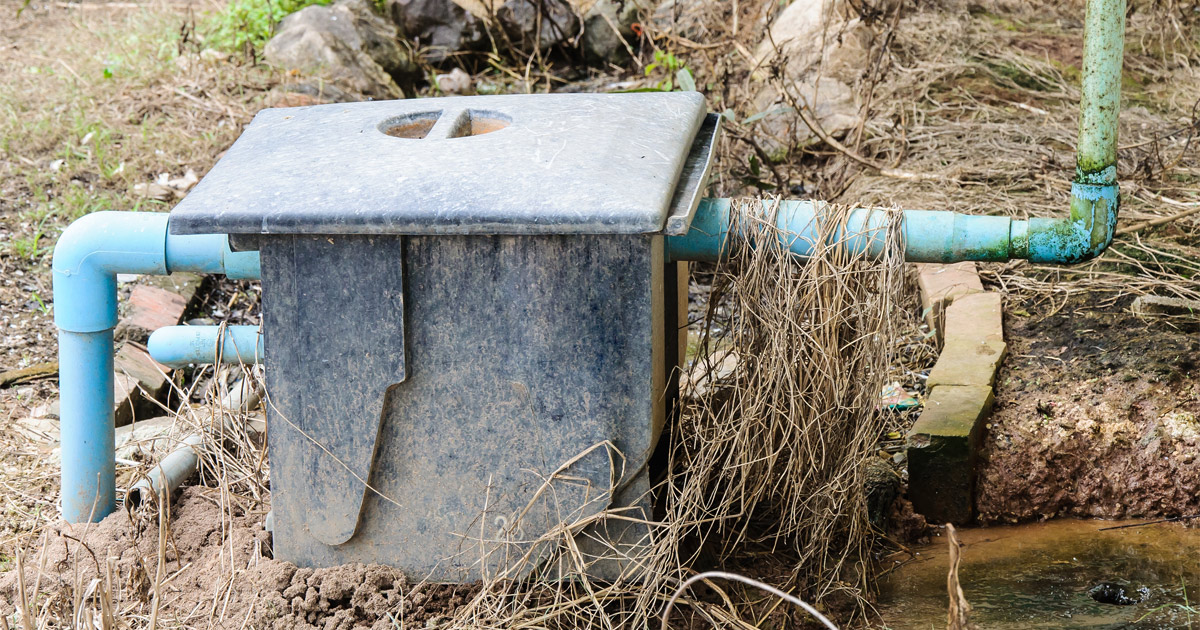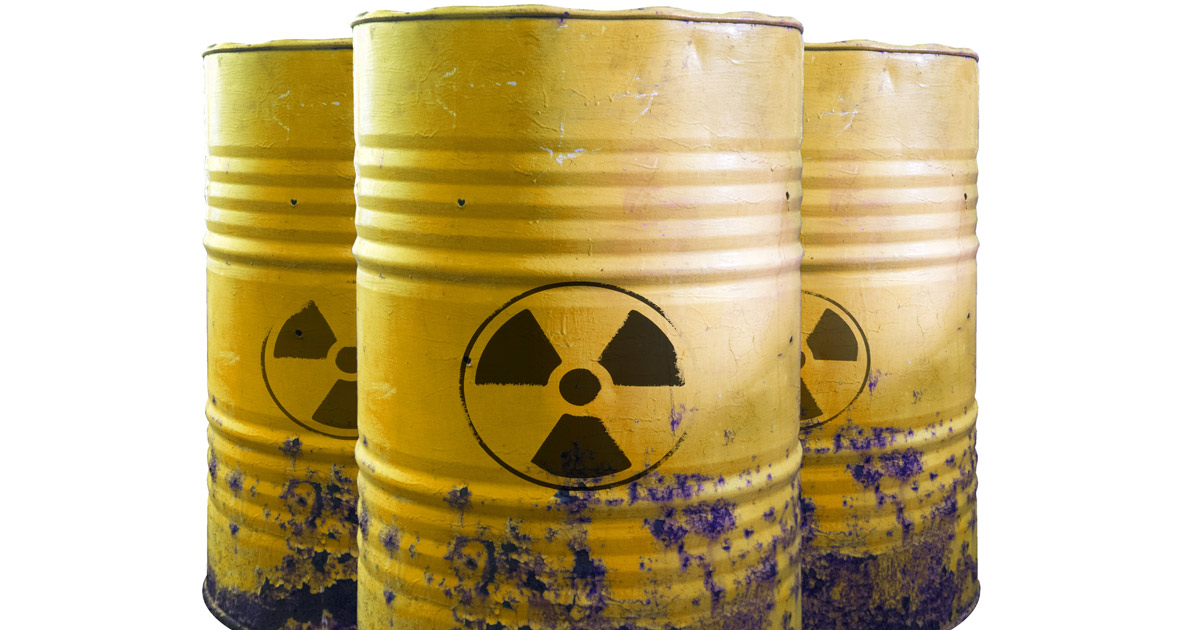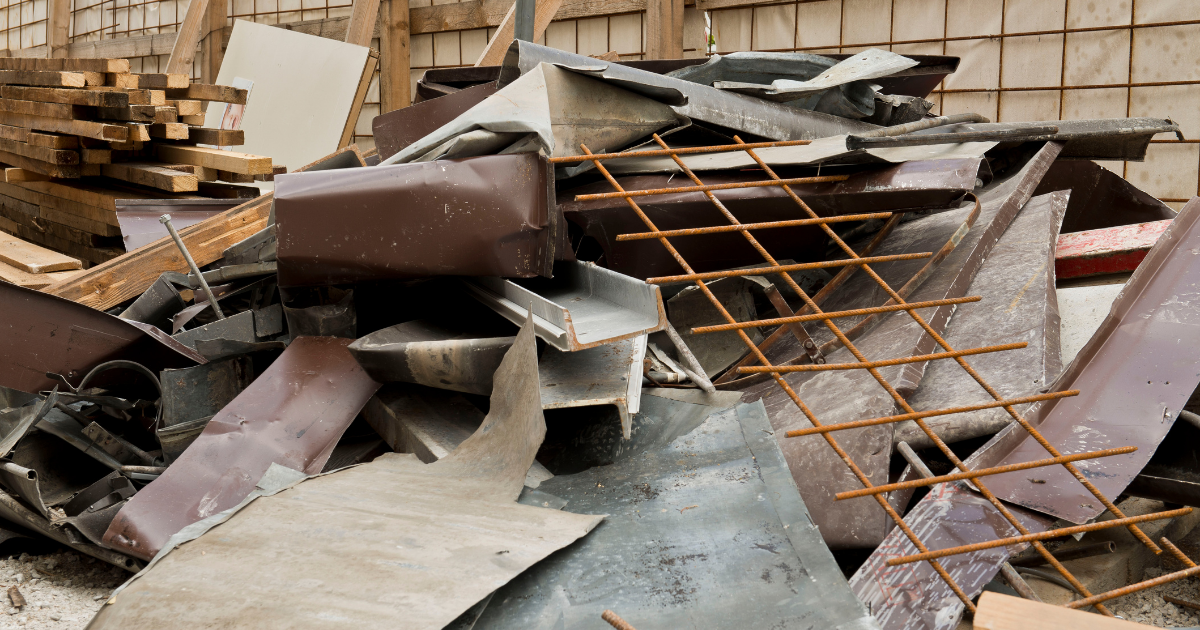What Are the Dangers of Pesticide Exposure?
Pesticides and insecticides are designed to kill pests, invasive species and protect agriculture and homes. Many such pesticides are generally safe to humans in smaller concentrations, such as those used in home extermination. However, in larger concentrations or extended exposure can be toxic and cause short and long-term health conditions. Children are the most vulnerable …




 908-679-5011
908-679-5011

